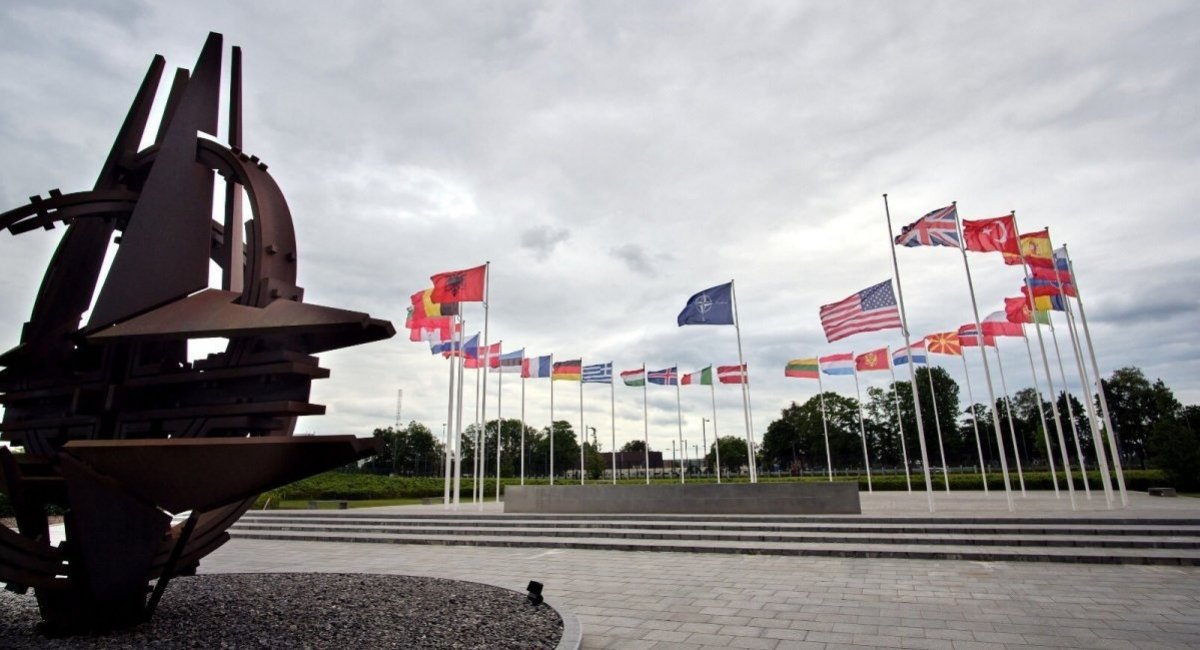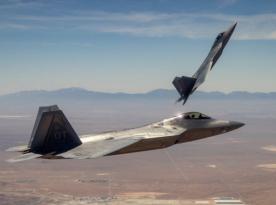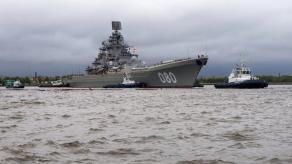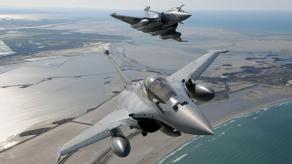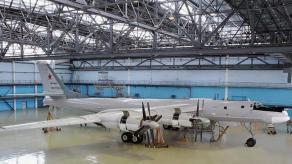Today, July 9, marks the start of the NATO summit, held in Washington on the 75th anniversary of the Alliance's founding, although formal events only begin tomorrow.
Coming into this event, Ukraine has no illusions about receiving an official invitation to join NATO, as noted by Ukrainian President Volodymyr Zelenskyi. Then, Ukraine's Foreign Minister, Dmytro Kuleba, stated that Ukraine's expectations from the summit are focused on strengthening national defense capabilities and making "a significant step towards membership in NATO."
Read more: Germany Initiates European Reinforcement with Long-Range Missiles Amid the russian Threat
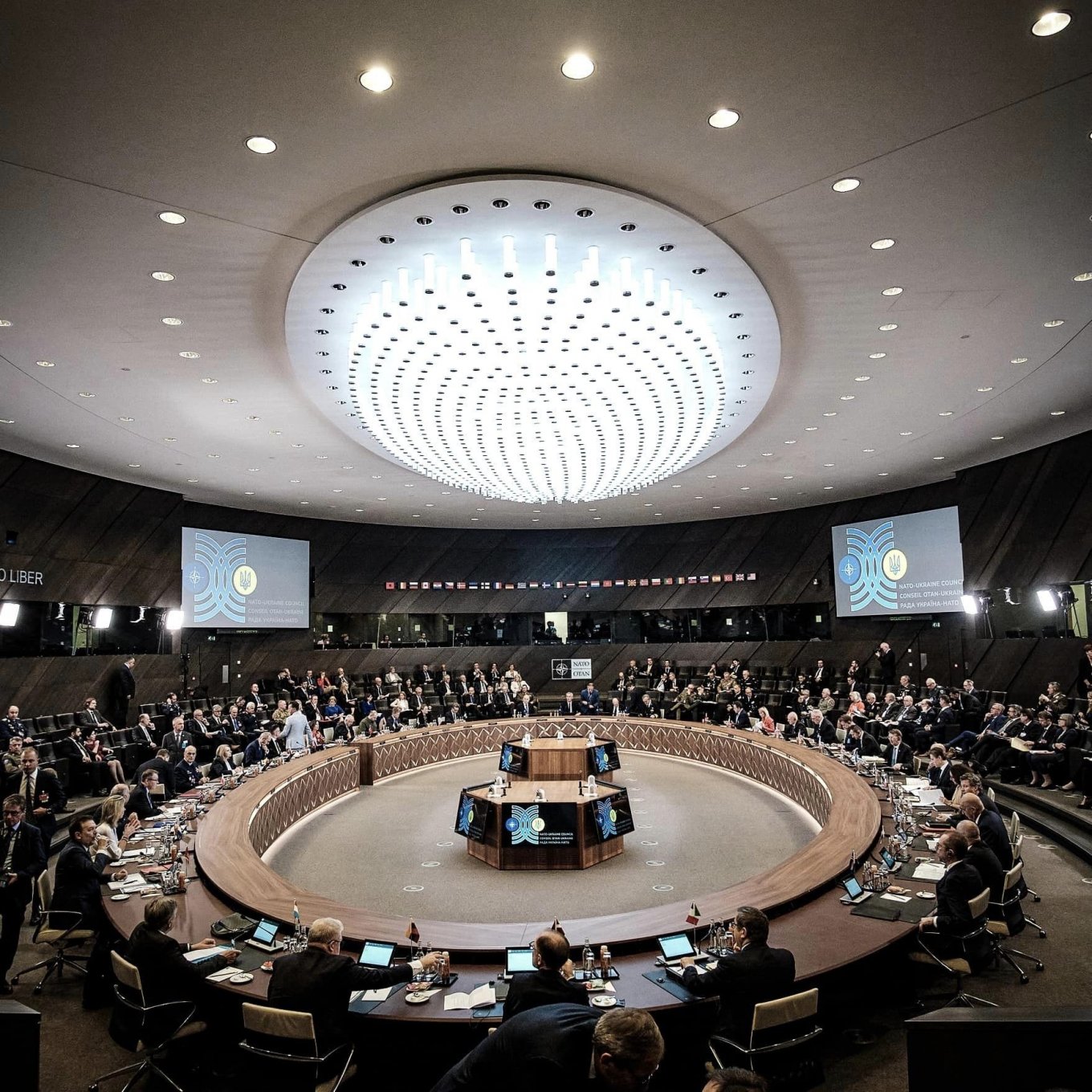
Meanwhile, the American point of view has quite a unique perception of the desired outcomes of this important international event. An article by The Conversation highlights four key issues of the summit, two of which are dedicated to Ukraine.
Firstly, the issue of Ukraine's NATO membership will be addressed, though it is expected to come down to a "delicate exercise in semantics." The goal is to find a language that will demonstrate some progress without fully committing to membership, balancing the diverse stances of NATO members.
Particularly the USA and Germany, who have raised formal concerns regarding Ukraine's rule of law and anti-corruption efforts, while some other nations demand a more resolute position about Ukraine's accession.
Secondly, the provision of weapons to Ukraine is a crucial topic. Last year, the USA failed to ensure weapons supplies due to political strife in Washington. Jens Stoltenberg, who has handed his reigns as NATO Secretary General over to Mark Rutte, has pushed for long-term assistance to Ukraine aiming to make it predictable. However, instead of committing to long-term support, NATO members may only announce an additional $43 billion in aid for the coming year, the article's authors assume.
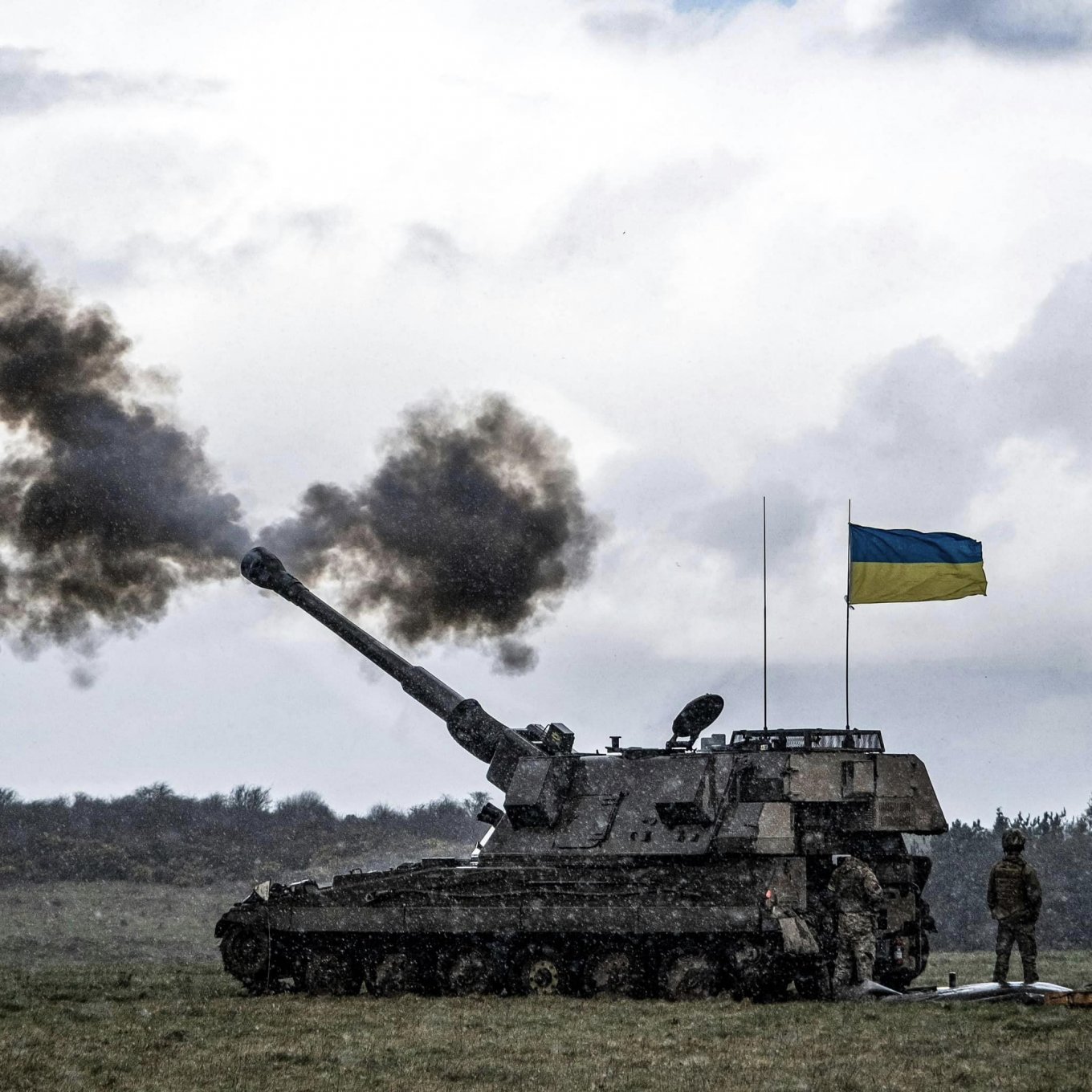
Beyond the Ukrainian issues, the summit will also address the challenge posed by China and the safety of the Indo-Pacific region. Despite NATO recognizing Beijing as a source of concern since as early as 2019, a comprehensive strategy shared by all Alliance members is yet to be developed.
The problem outlined by The Conversation is that Europe sometimes considers NATO exclusively as an alliance devised for operations in Europe, all the more in the current conditions — against the russian federation, disregarding the threat from China.
But China’s support for russia in its war against Ukraine impacts European security and worsens relations with the West. Indicative of this issue is the fact that leaders from Japan, South Korea, Australia, and New Zealand will participate in the summit for the third time this year, emphasizing the need for a unified strategy against China.
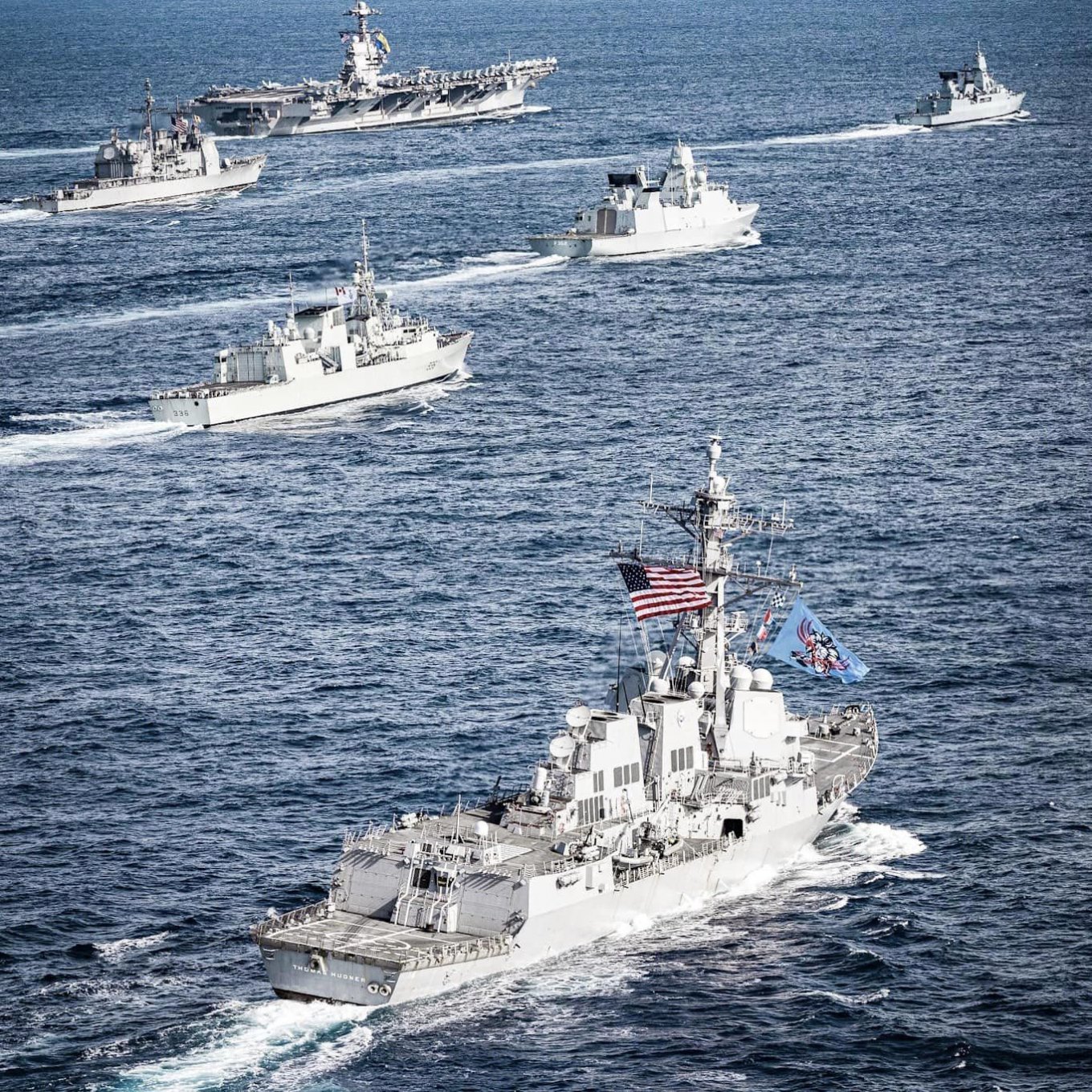
The fourth and perhaps most critical issue is the unity of the NATO bloc itself. After all, NATO is not only about defense cooperation but also about politics. Internal and external political dynamics need a thorough evaluation, such as Hungarian Prime Minister Viktor Orban's recent visit to Putin just a couple of days before the summit and the barely avoided victory of the openly pro-Putin National Rally in France.
Though the most concerning is the potential for a shift in US policy, especially with the possibility of Donald Trump’s return to power and his isolationist stance, which threatens a global shift of powers and uncertain prospects of NATO.
Read more: U.S. Dismantles its Status as Global Security Guardian: Why Josep Borrell's Speech is Important and What's Coming



